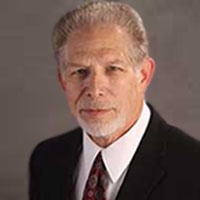Cambridge Estate Lawyer, Vermont
Kenneth L. Geduldig
✓ VERIFIEDCriminal, Divorce & Family Law, Estate, Real Estate, Personal Injury
Kenneth Geduldig proudly serves Burlington, Vermont and the neighboring communities in the areas of criminal defense, divorce & family, estate, real e... (more)
Stephen A. Unsworth
Health Care, Estate, Civil & Human Rights, Administrative Law
Status: In Good Standing
Kenneth Mark Appel
Landlord-Tenant, Litigation, Trusts, Workers' Compensation
Status: In Good Standing
Lisa M. Campion
Real Estate, Estate Planning, Wrongful Termination, Administrative Law, Business
Status: In Good Standing


